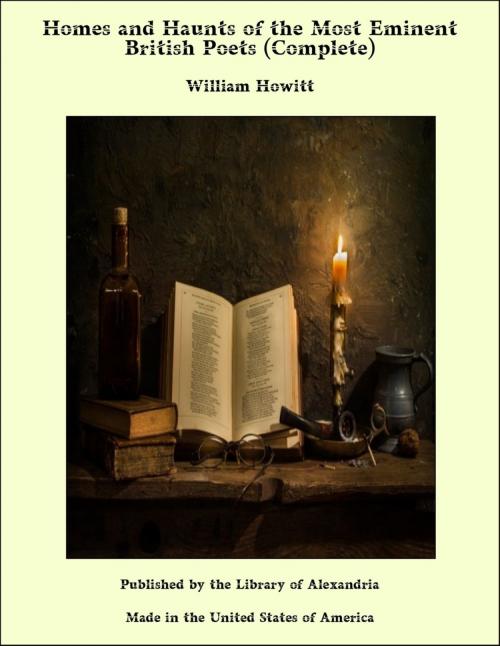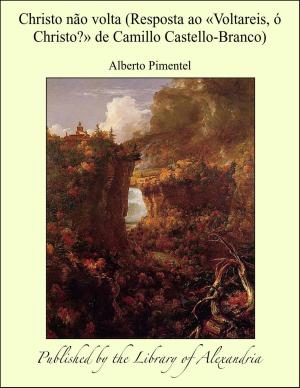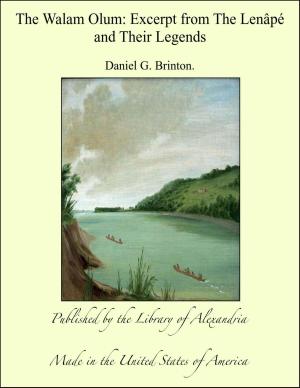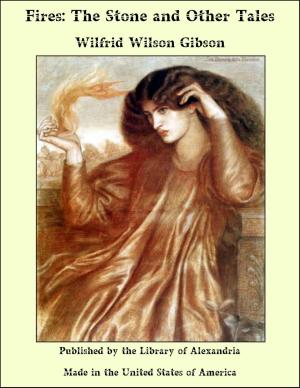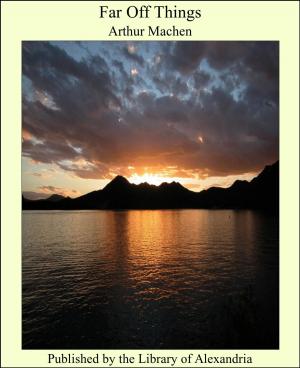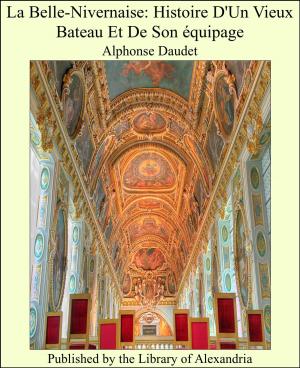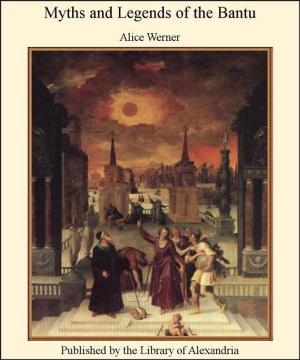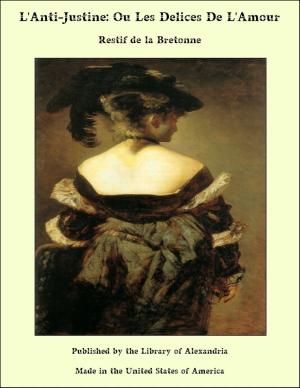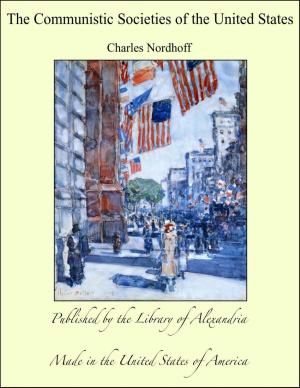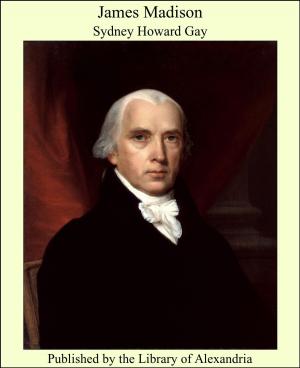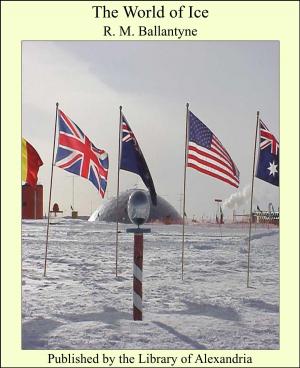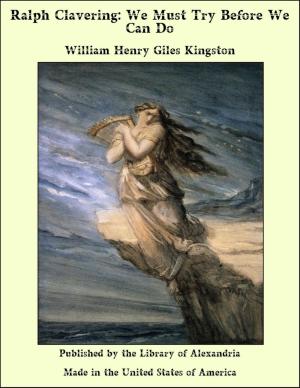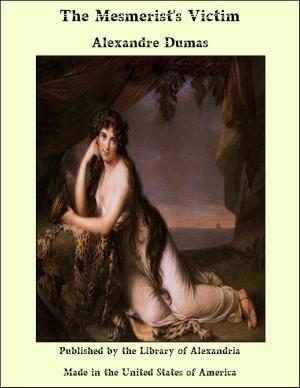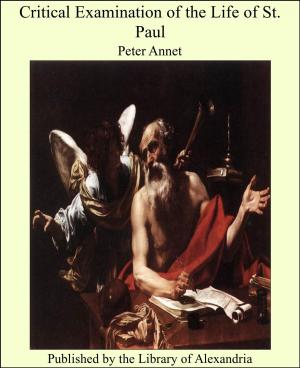Homes and Haunts of the Most Eminent British Poets (Complete)
Nonfiction, Religion & Spirituality, New Age, History, Fiction & Literature| Author: | William Howitt | ISBN: | 9781465615855 |
| Publisher: | Library of Alexandria | Publication: | March 8, 2015 |
| Imprint: | Language: | English |
| Author: | William Howitt |
| ISBN: | 9781465615855 |
| Publisher: | Library of Alexandria |
| Publication: | March 8, 2015 |
| Imprint: | |
| Language: | English |
The first thing which forcibly strikes our attention in tracing the Homes and Haunts of the Poets, is the devastation which Time has made among them. As if he would indemnify himself for the degree of exemption from his influence in their works, he lays waste their homes and annihilates the traces of their haunts with an active and a relentless hand. If this is startingly apparent in the cases of those even who have been our cotemporaries, how much more must it be so in the cases of those who have gone hence centuries ago. We begin with the father of our truly English poetry, the genial old Geoffrey Chaucer, and, spite of the lives which have been written of him, Tyrwhitt tells us that just nothing is really known of him. The whole of his account of what he considers well-authenticated facts regarding him amounts to but twelve pages, including notes and comments. The facts themselves do not fill more than four pages. Of his birth-place, further than that it was in London, as he tells us himself in The Testament of Love, fol. 321, nothing is known. The place of his education is by no means clear. It has been said that he was educated first at Cambridge, and then at Oxford. He himself leaves it pretty certain that he was at Cambridge, styling himself, in The Court of Love, "Philogenet of Cambridge, Clerk." Leland has asserted that he was at Oxford; and Wood, in his Annals, gives a tradition that, "when Wickliffe was guardian or warden of Canterbury College, he had for his pupil the famous poet called Jeffrey Chaucer, father of Thomas Chaucer, Esq., of Ewelme, in Oxfordshire, who, following the steps of his master, reflected much upon the corruptions of the clergy." He is then said to have entered himself of the Inner Temple. Speght states that a Mr. Buckley had seen a record in the Inner Temple of "Geffrey Chaucer being fined two shillings for beating a Franciscan Friar in Fleet-street." This, Tyrwhitt says, was ayouthful sally, and points out the fact that Chaucer studied in the Inner Temple on leaving college, and before his travels abroad, which is contrary to the account of Leland, who makes him, after his travels, reside in the Inner Temple. These travels even in France resting solely on the authority of Leland, Tyrwhitt disputes, but of their reality there can be little doubt.
The first thing which forcibly strikes our attention in tracing the Homes and Haunts of the Poets, is the devastation which Time has made among them. As if he would indemnify himself for the degree of exemption from his influence in their works, he lays waste their homes and annihilates the traces of their haunts with an active and a relentless hand. If this is startingly apparent in the cases of those even who have been our cotemporaries, how much more must it be so in the cases of those who have gone hence centuries ago. We begin with the father of our truly English poetry, the genial old Geoffrey Chaucer, and, spite of the lives which have been written of him, Tyrwhitt tells us that just nothing is really known of him. The whole of his account of what he considers well-authenticated facts regarding him amounts to but twelve pages, including notes and comments. The facts themselves do not fill more than four pages. Of his birth-place, further than that it was in London, as he tells us himself in The Testament of Love, fol. 321, nothing is known. The place of his education is by no means clear. It has been said that he was educated first at Cambridge, and then at Oxford. He himself leaves it pretty certain that he was at Cambridge, styling himself, in The Court of Love, "Philogenet of Cambridge, Clerk." Leland has asserted that he was at Oxford; and Wood, in his Annals, gives a tradition that, "when Wickliffe was guardian or warden of Canterbury College, he had for his pupil the famous poet called Jeffrey Chaucer, father of Thomas Chaucer, Esq., of Ewelme, in Oxfordshire, who, following the steps of his master, reflected much upon the corruptions of the clergy." He is then said to have entered himself of the Inner Temple. Speght states that a Mr. Buckley had seen a record in the Inner Temple of "Geffrey Chaucer being fined two shillings for beating a Franciscan Friar in Fleet-street." This, Tyrwhitt says, was ayouthful sally, and points out the fact that Chaucer studied in the Inner Temple on leaving college, and before his travels abroad, which is contrary to the account of Leland, who makes him, after his travels, reside in the Inner Temple. These travels even in France resting solely on the authority of Leland, Tyrwhitt disputes, but of their reality there can be little doubt.
